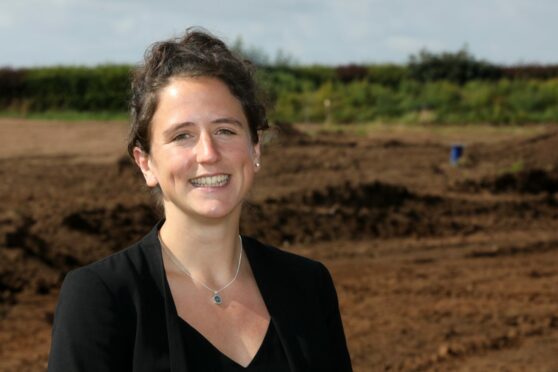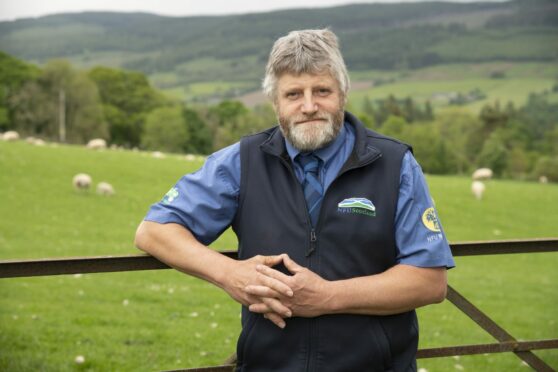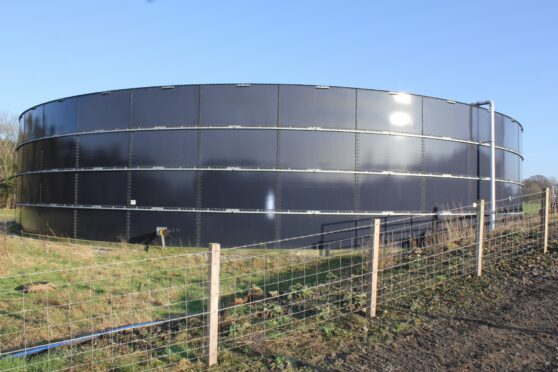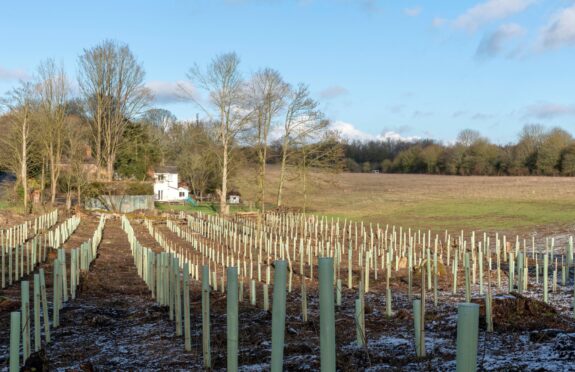Scotland’s Rural Affairs Secretary unveiled a mixed bag of initiatives and some new funds in her address to the farmers’ union’s annual conference – but fell well short of announcing a long-awaited fully-developed farming policy.
Mairi Gougeon’s speech was firmly focused on how the industry can help the Scottish Government meet climate change and biodiversity targets, and her key announcement was the imminent introduction of an allowance of around £30 per hectare of Region 1 land to support soil testing and analysis – including soil carbon analysis.
The measure is part of Track One of the £51 million National Test Programme which starts this Spring.
SLURRY SUPPORT
While the soil testing measure was warmly welcomed by the NFU Scotland (NFUS) leadership, they were highly critical of the scale of the £5 million the government has allocated to this year’s Agriculture Transformation Fund.
Ms Gougeon said the scheme, which will open in April, will focus entirely on supporting farmers, crofters and agricultural contractors to buy low emission slurry spreading equipment and slurry store covers to reduce adverse impacts on water quality from livestock slurry and digestate.
She encouraged everyone who can update their spreading equipment and improve their slurry storage to apply for a grant, but NFUS president, Martin Kennedy condemned the funding as “massively inadequate”.
“Given the regulations we have right now with slurry storage issues, 10 farmers could spend £500,000 each to get their slurry stores up to spec and that would be the whole budget gone,” he said.
“The previous capital grants scheme was £18 million, so there’s clearly a real desire by the industry to take these options up. This money will go in the blink of an eye.”
Other key announcements included the creation of a Scottish Veterinary Service, a new five-year Monitor Farm Programme and a commitment to develop a nationwide control strategy for Porcine Reproductive and Respiratory Syndrome (PRRS).
Ms Gougeon also revealed that this year’s Single Application Form (SAF) window would open on March 15 and close on May 15, and for the first time the process will be entirely online.
Support will be available – including one-to-one assistance from rural payments team staff – to help applicants make the transition.
FRUSTRATION
Frustrations over the slow headway being made towards the creation of new farm policy for Scotland spilled over into almost all sessions of NFU Scotland’s (NFUS) conference.
Ordinary union members as well as those who sit on the Agricultural Reform Implementation Oversight Board (ARIOB), which was set up last year to assist the government in thrashing out policy, criticised the snail’s pace of progress.
Members’ impatience prompted Martin Kennedy – who co-chairs the board with Ms Gougeon – to issue a statement after the meeting expressing his frustration.
He said: “I am sure NFUS members will have welcomed clarity about the direction of travel being taken towards improving productivity and efficiency, cutting emissions and funding commitments and payments.
“News that details of the National Test Programme Track 1 will be announced this Spring is long overdue.
“Like others, I’m hugely frustrated about the pace of delivery, but we must be sure that the direction of travel we are pursuing is right and fit for Scotland’s future agriculture policy. I personally, along with other members of the ARIOB, am committed to delivering this.”
Following her speech Ms Gougeon tackled a range of questions from union members, including the likelihood of the Scottish Government changing its stance on gene editing and falling into line with the UK Government’s policy.
She said: “We want to remain aligned with the EU and are monitoring the position.”
Asked for an assurance that glyphosate would be retained as a tool for arable farmers, she said: “When it comes to using glyphosate or other chemicals we always base decisions on the best available science and information. I don’t envisage changes.”
Other farmers raised fears over the race by commercial companies to plant productive farmland with trees to obtain carbon credits.
Ms Gougeon said: “We have to find a balance for private sector investment and ambitions as well as land managers, farmers and tenant farmers too, which is why the Scottish Land Commission is undertaking work on this to understand the implications.”
The commission’s report is expected shortly.



